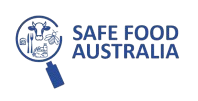Food Auditing and Consultancy Services
Safe Food Australia provides food safety auditing, food safety training and consultancy services to a diverse range of food businesses. One of the outstanding benefits of working with our company is our auditors are also qualified trainers and have extensive practical experience in a variety of businesses.

Safe Food Australia
Safe Food provides food safety audits, training and consultancy services to a diverse range of businesses including aged care homes, the healthcare industry, food wholesalers/manufactures, dairy farms, stock feed mills, commercial beekeepers and cold storage facilities.
We partner with our clients to support their continuous quality improvement and ensure food safety compliance. Our approach is based on being approachable and promoting understanding and education through clear and effective communication.
Our auditors have food industry experience and hold the required qualifications and accreditation through the regulatory bodies throughout Australia including: the NSW Food Authority, Department of Health QLD, Department of Health & Human Services VIC, Exemplar Global, Stock Feed Manufacturers Council of Australia, B-QUAL and B-TRACE.
We encourage our auditors to maintain industry currency by attending conferences and information sessions with regulatory bodies and food industry associations.
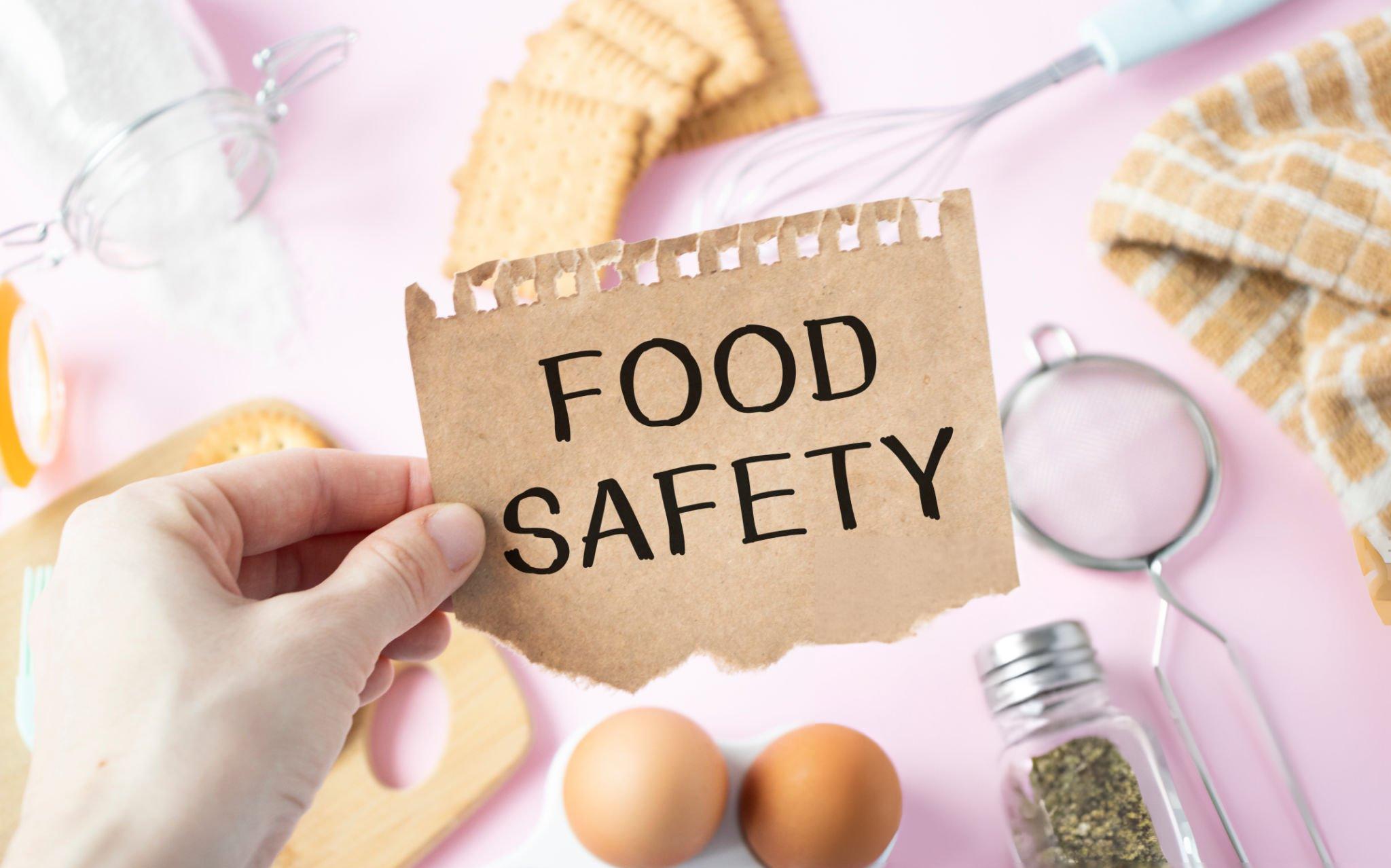
About us
Our Clients


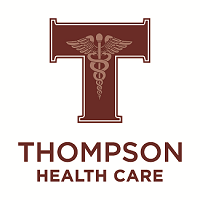
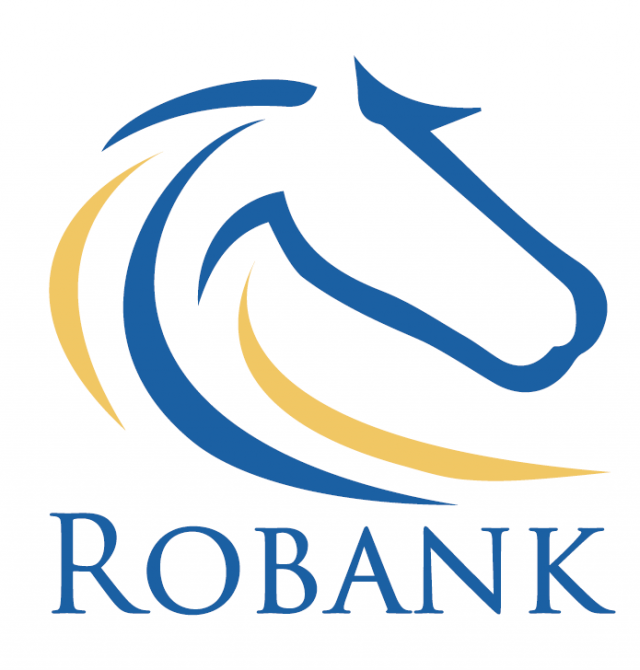

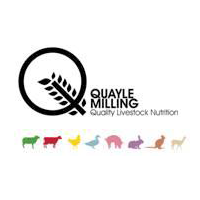
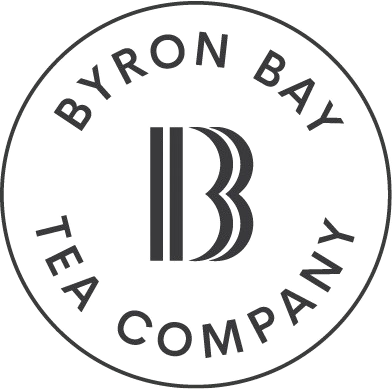

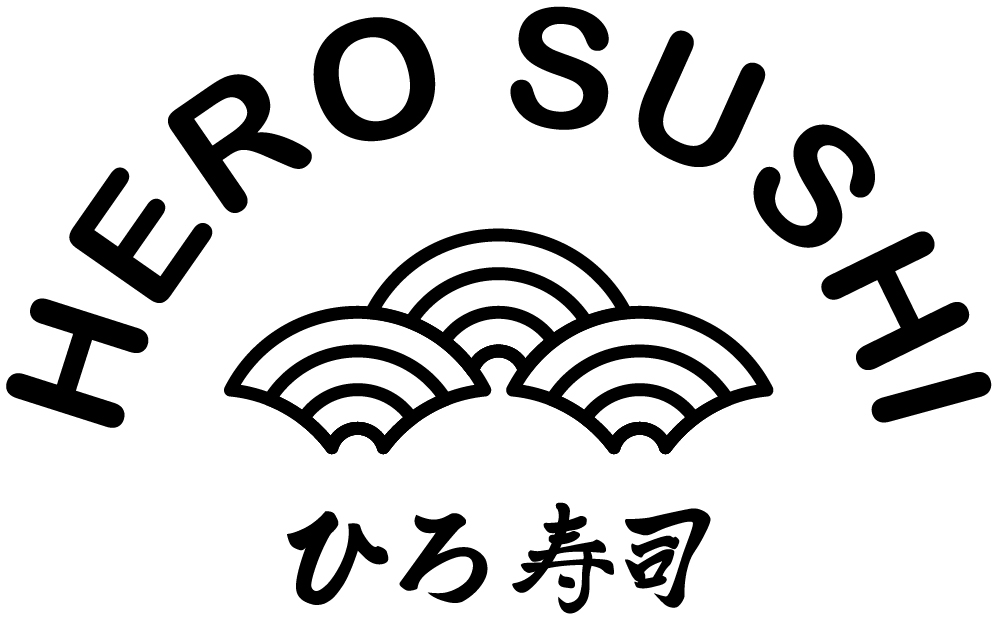

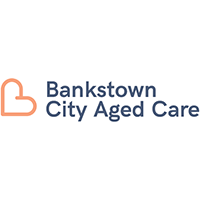





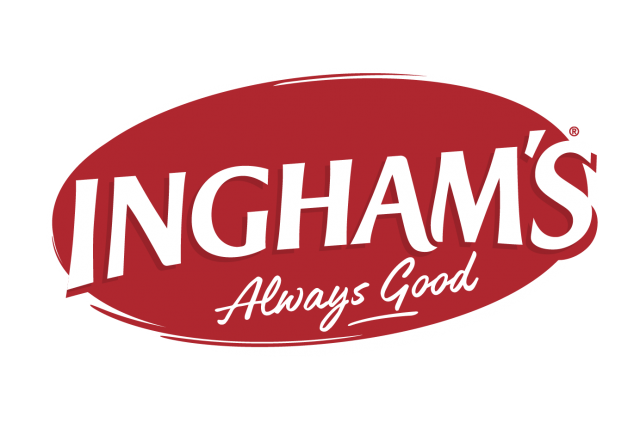
Our Services

Regulatory Food Audits

Developing Food Safety Programs
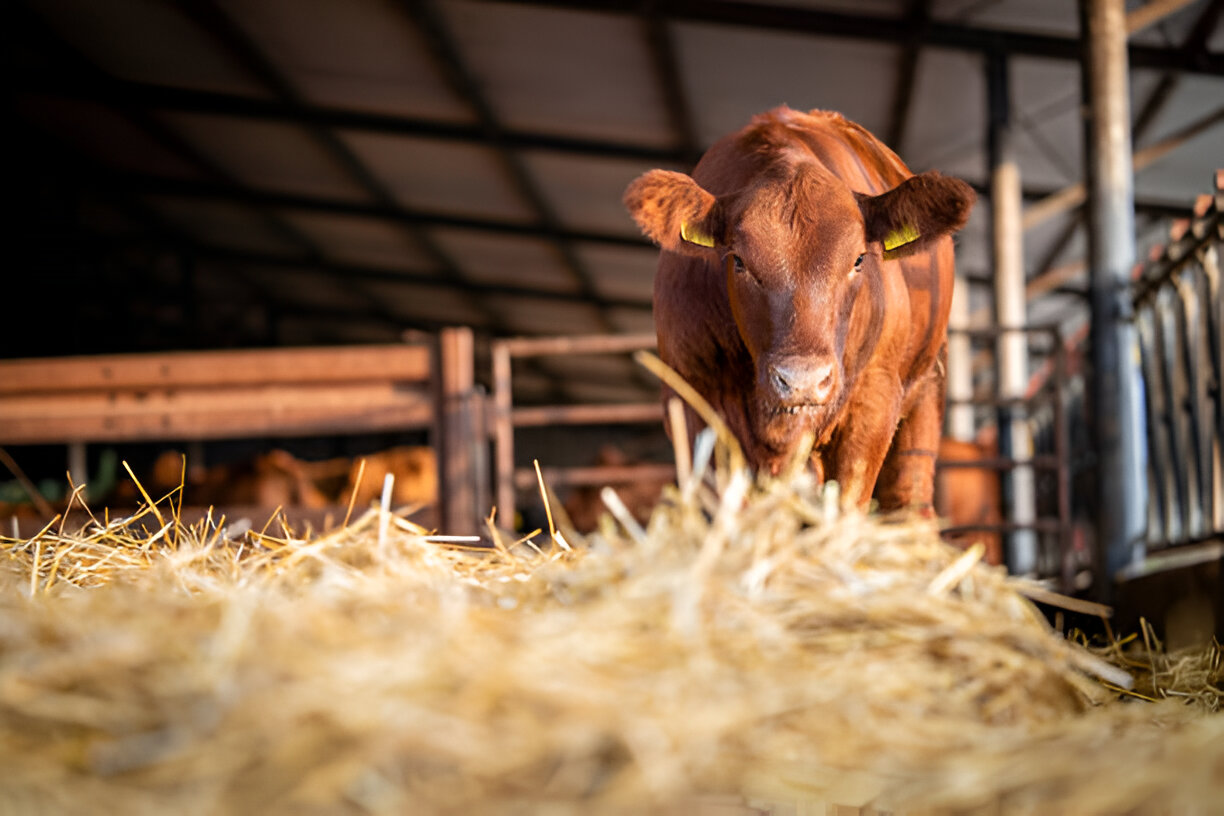
Feedsafe Audits

Internal Audits
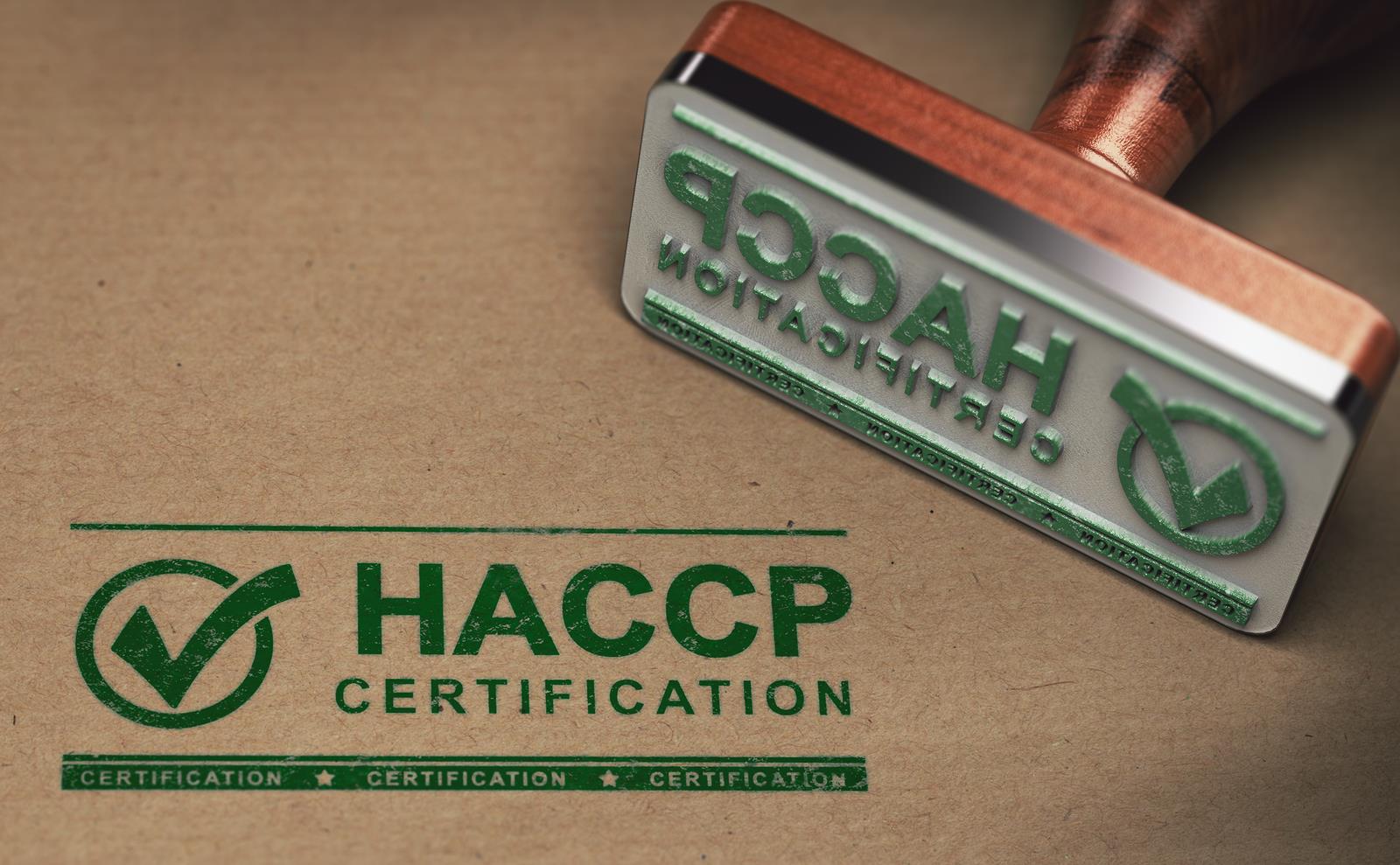
HACCP Audits

Accreditation Of Food Safety Programs, Queensland
What Are People Saying
Posted onTrustindex verifies that the original source of the review is Google. Gillian is very knowledgeable and helpful about anything Food Safety and audit related. She helped navigate and develop my catering Food Safety Program with no issues. I would definitely recommend her services and advice to others.Posted onTrustindex verifies that the original source of the review is Google. Gillian and Rachael are very professional and knowledgeable. As auditors they are informative and take every opportunity to help staff learn. I recommend the services of Safe Food Australia very highly.Posted onTrustindex verifies that the original source of the review is Google. Gillian has been the TP Auditor for my aged care organisation for several years and has completed dozens of Annual Food Safety Audits in each of our facilities. Her experience, knowledge and thoroughness ensures all our sites consistently maintain a high standard of compliance. I highly recommend her services.Posted onTrustindex verifies that the original source of the review is Google. Gillian really helped me in a time of need! The work she did was brilliant and very timely! I'd just spent 2 weeks doing various other permits and poor Gillian was the last I had to call. I was so exhausted by the other permits, but she spent the time on the phone with me to talk through things, helped me get my Food Safety Program on track and audited and made me feel like there were good people out there again! Thanks a million Gillian, I really, really appreciated it, in the most sincere way possible. You're a gem!Posted onTrustindex verifies that the original source of the review is Google. We had our Food Safety Program written by Gillian, and from start to finish - she had exceptional communication, great quality of work and was super reliable with all the information she was providing. I highly recommend working with Safe Food Australia.Load more
Food Safety Information
Do you need help understanding the requirements of the Food...

Businesses implement personal hygiene practices and procedures to minimise the...
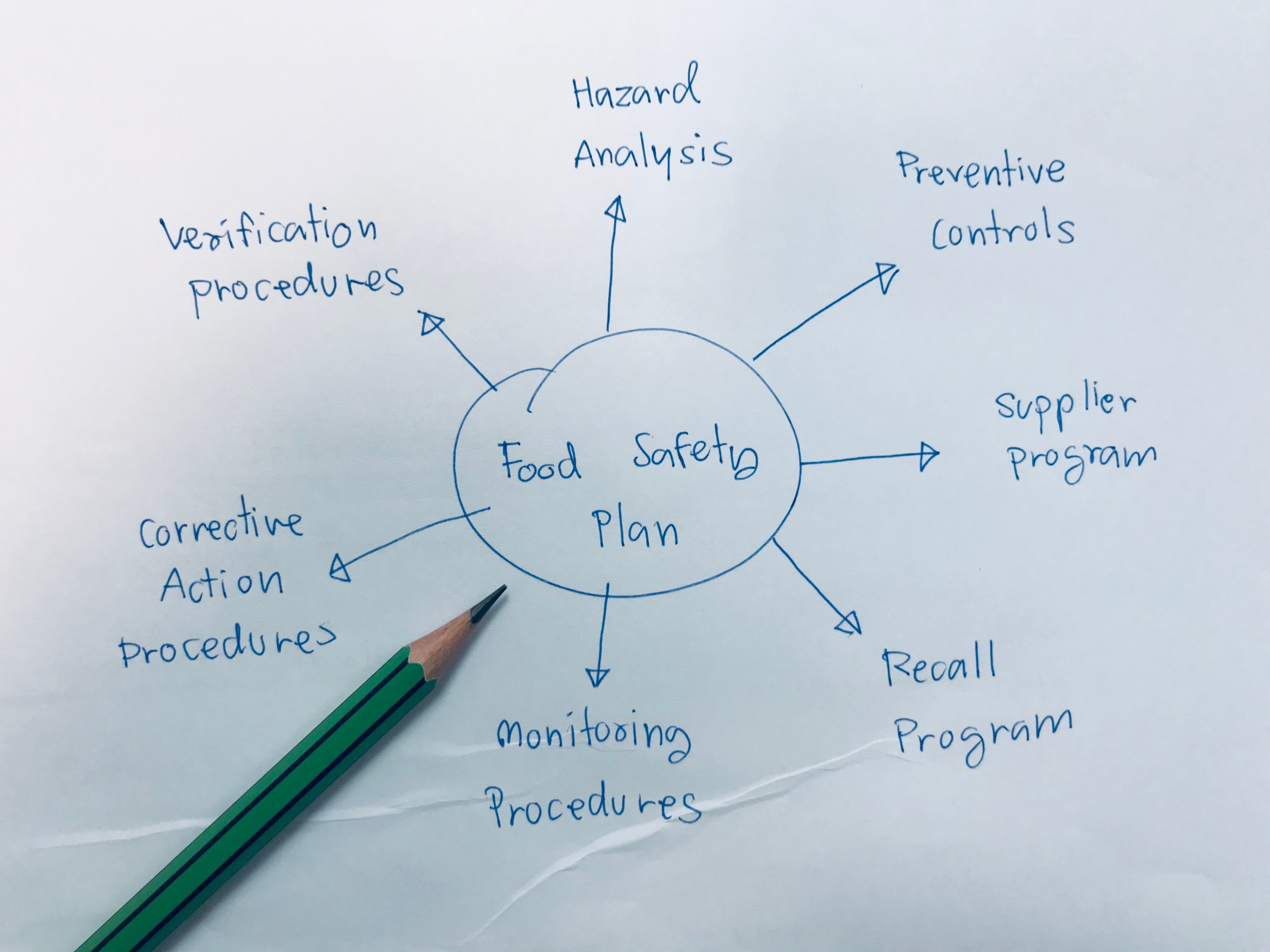
To ensure that your team is ready, it’s important to...
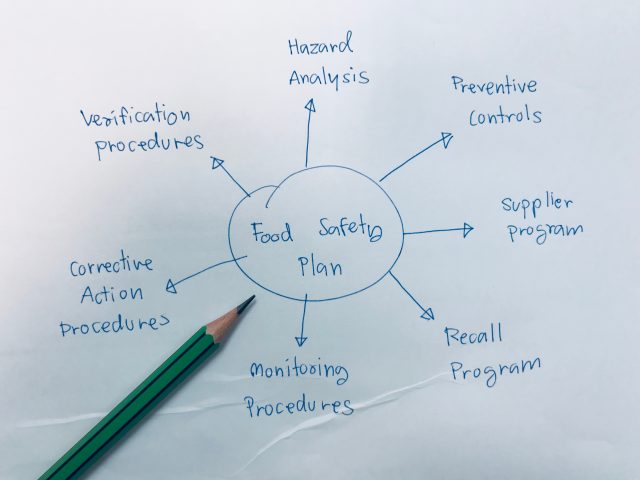
Are you managing a business that is required to implement...
Safe Food Australia works proactively with clients to assist with their ongoing quality improvements and food safety compliance.
